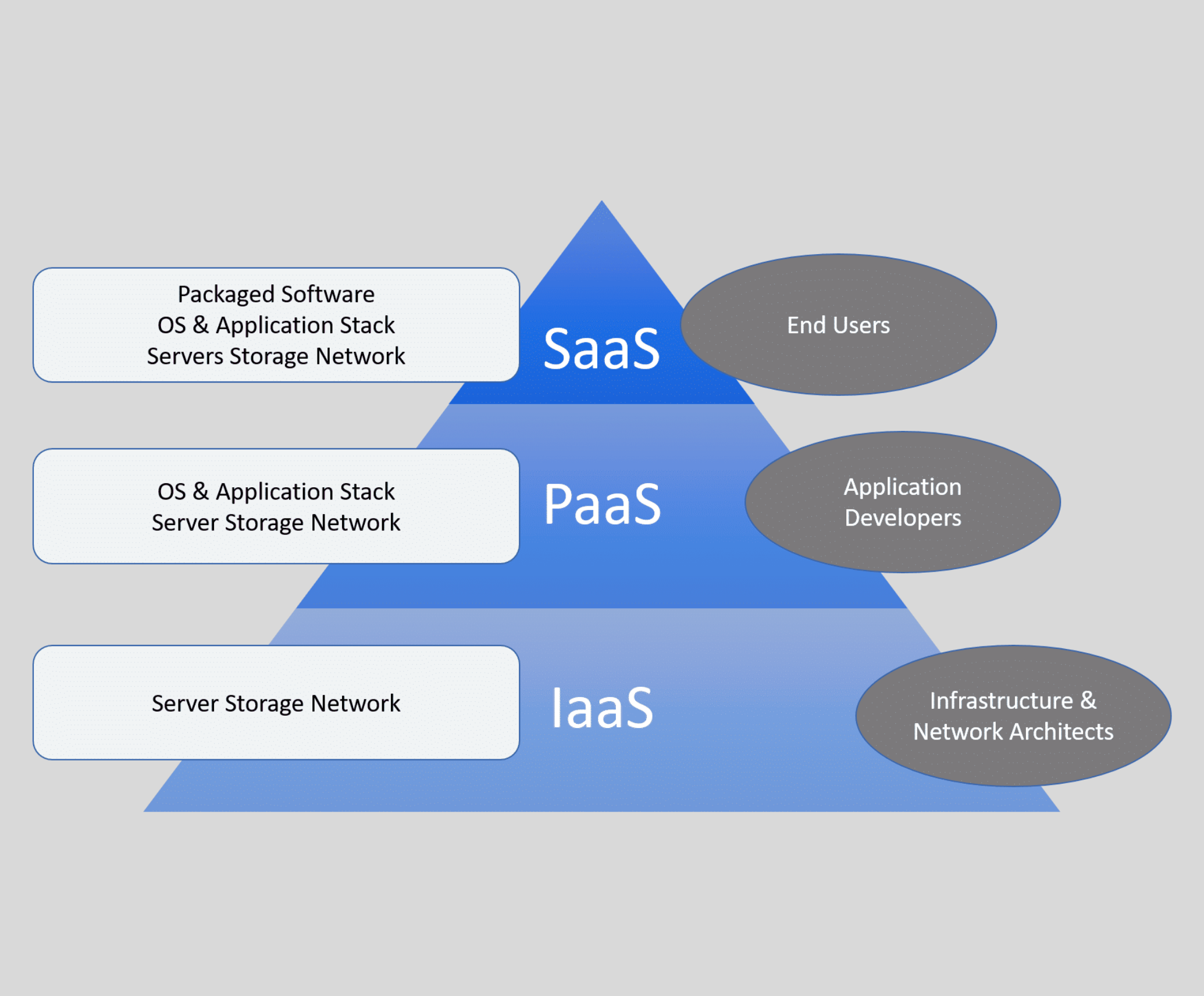Cloud computing is a transformative technology that allows businesses and individuals to access and store data and applications over the internet, rather than relying on local servers or personal devices. By leveraging the power of remote servers hosted on the cloud, users can access their data and software from virtually anywhere, providing flexibility, scalability, and cost-efficiency. With cloud computing, the traditional barriers of hardware and infrastructure management are eliminated, enabling organizations to focus on innovation and growth. The cloud's ability to scale up or down quickly based on demand makes it an attractive solution for businesses of all sizes, offering a range of services from basic data storage to complex computing tasks.


Cloud computing is typically categorized into three main service models: IaaS (Infrastructure as a Service) provides virtualized computing resources over the internet, offering businesses the ability to rent servers, storage, and networking infrastructure. This allows them to scale their operations quickly without needing to maintain physical hardware. Popular examples include services like Amazon Web Services (AWS) and Microsoft Azure. PaaS (Platform as a Service) offers a platform that allows developers to build, deploy, and manage applications without worrying about the underlying infrastructure. PaaS streamlines the development process by providing pre-configured software frameworks and tools, making it easier to create and scale applications. Examples of PaaS include Google App Engine and Heroku. SaaS (Software as a Service) delivers software applications over the internet on a subscription basis, eliminating the need for users to install, manage, or update the software. SaaS is widely used for applications like email, customer relationship management (CRM), and office tools. Examples include Google Workspace, Microsoft Office 365, and Salesforce.
Benefits and Challenges of Cloud Computing Cloud computing offers numerous advantages, such as cost savings, scalability, and accessibility. By using cloud services, businesses can reduce the need for expensive on-premises infrastructure, cut down on maintenance costs, and access high-performance computing resources. Cloud platforms also provide enhanced collaboration, as teams can work simultaneously on documents and applications, regardless of location. Moreover, cloud solutions offer strong data security measures, backed by robust encryption and compliance with global standards.


We are dedicated to empowering our clients to take control of their ever changing needs as they navigate today’s data driven world and provide them with the services and solutions to keep pace with the demands of their customers, effectively and securely.